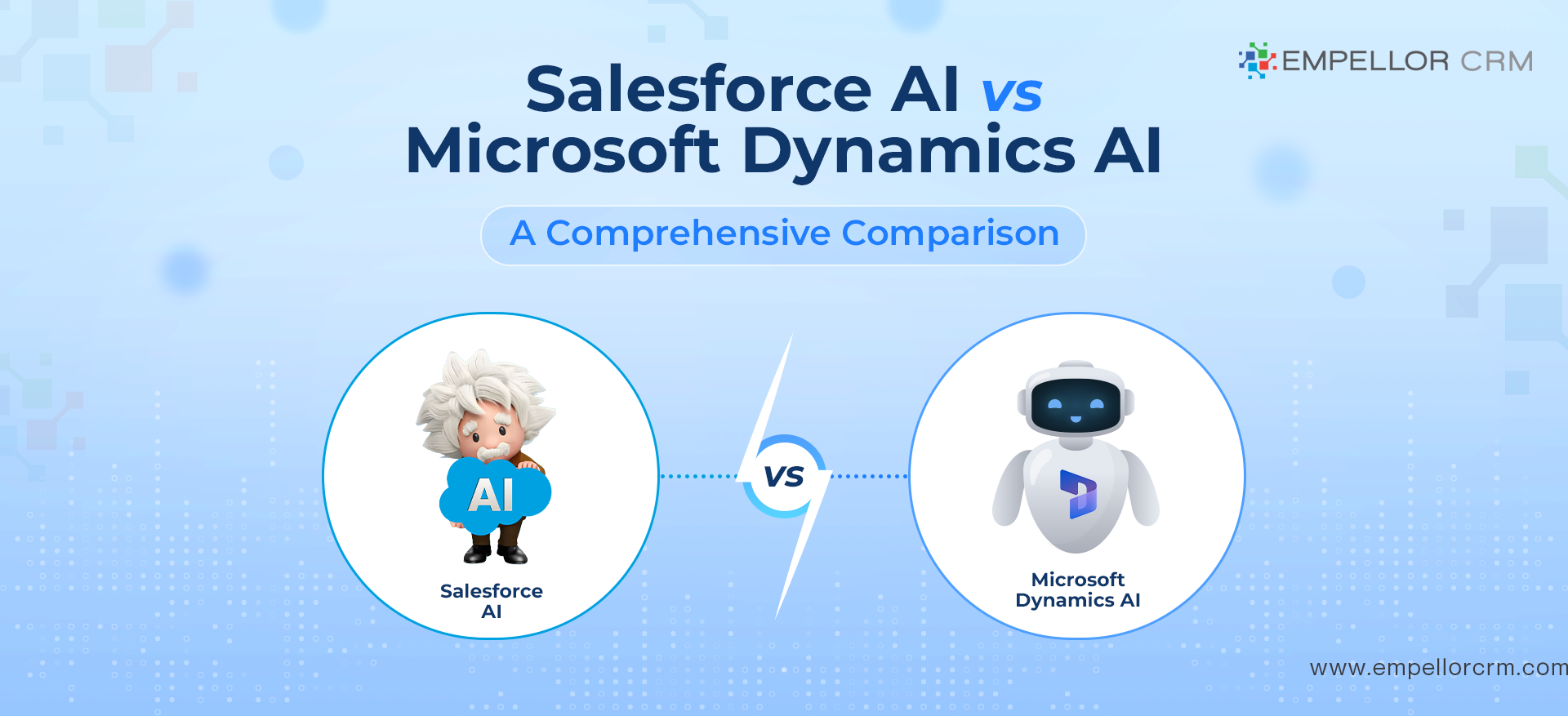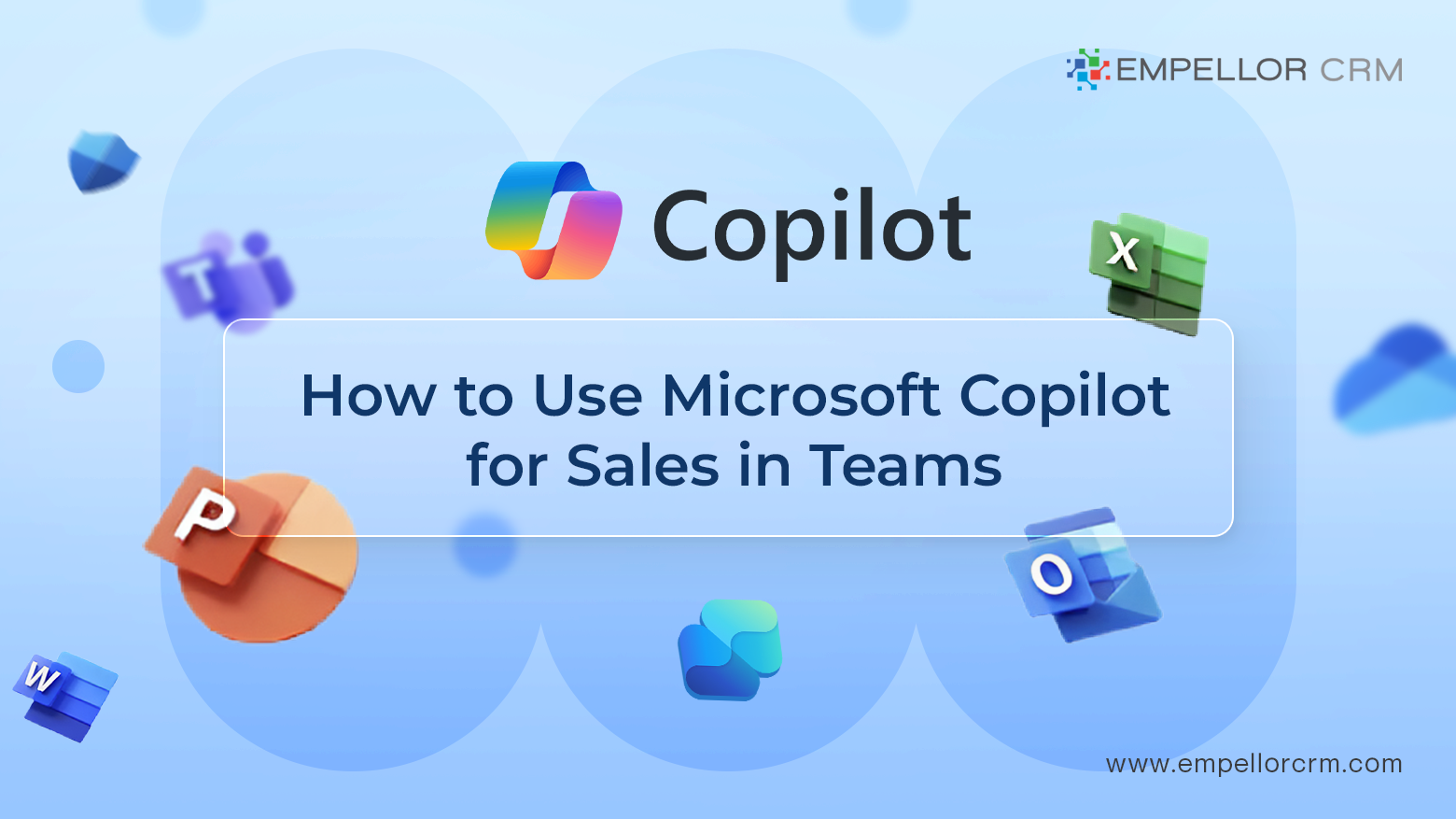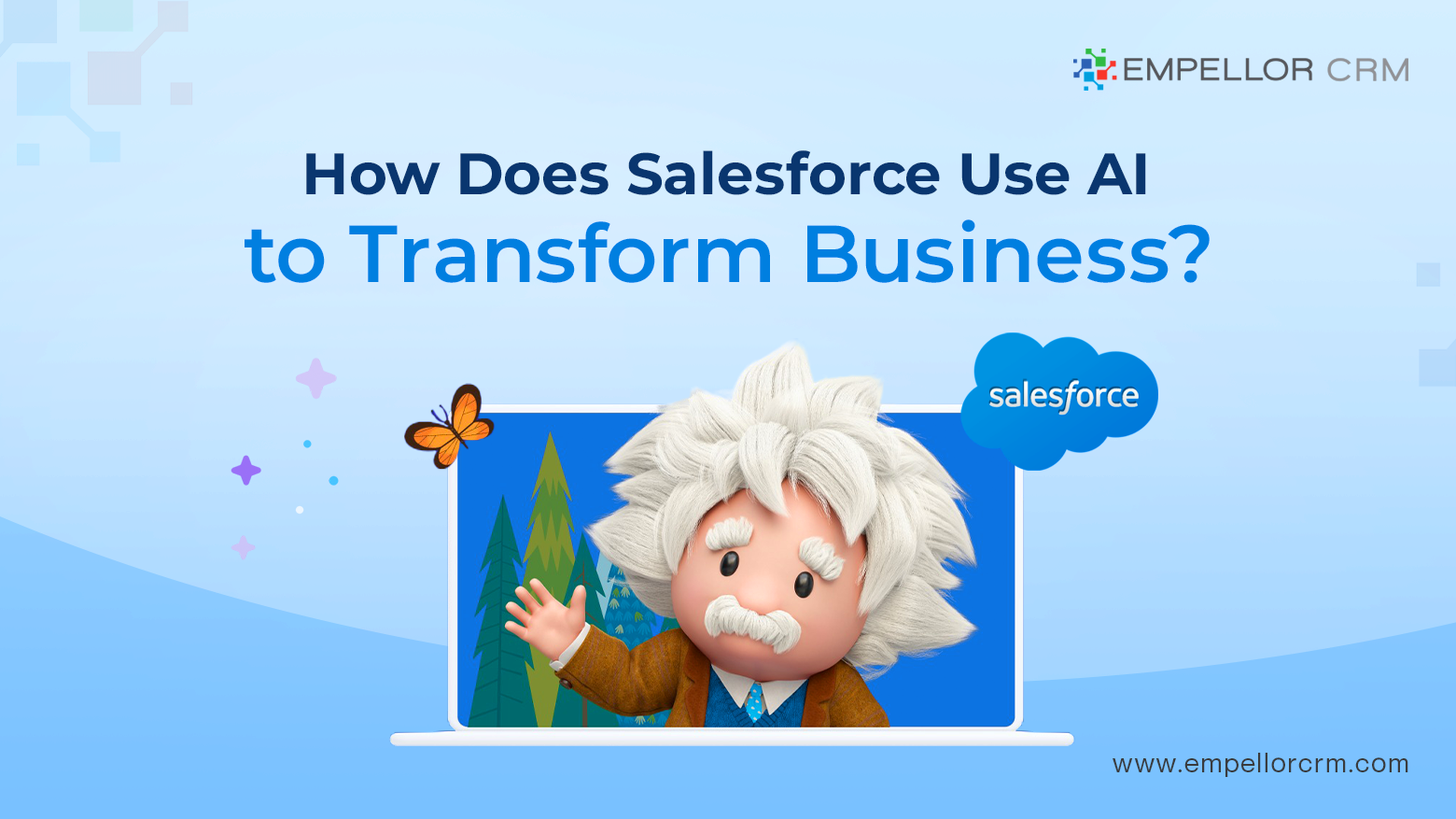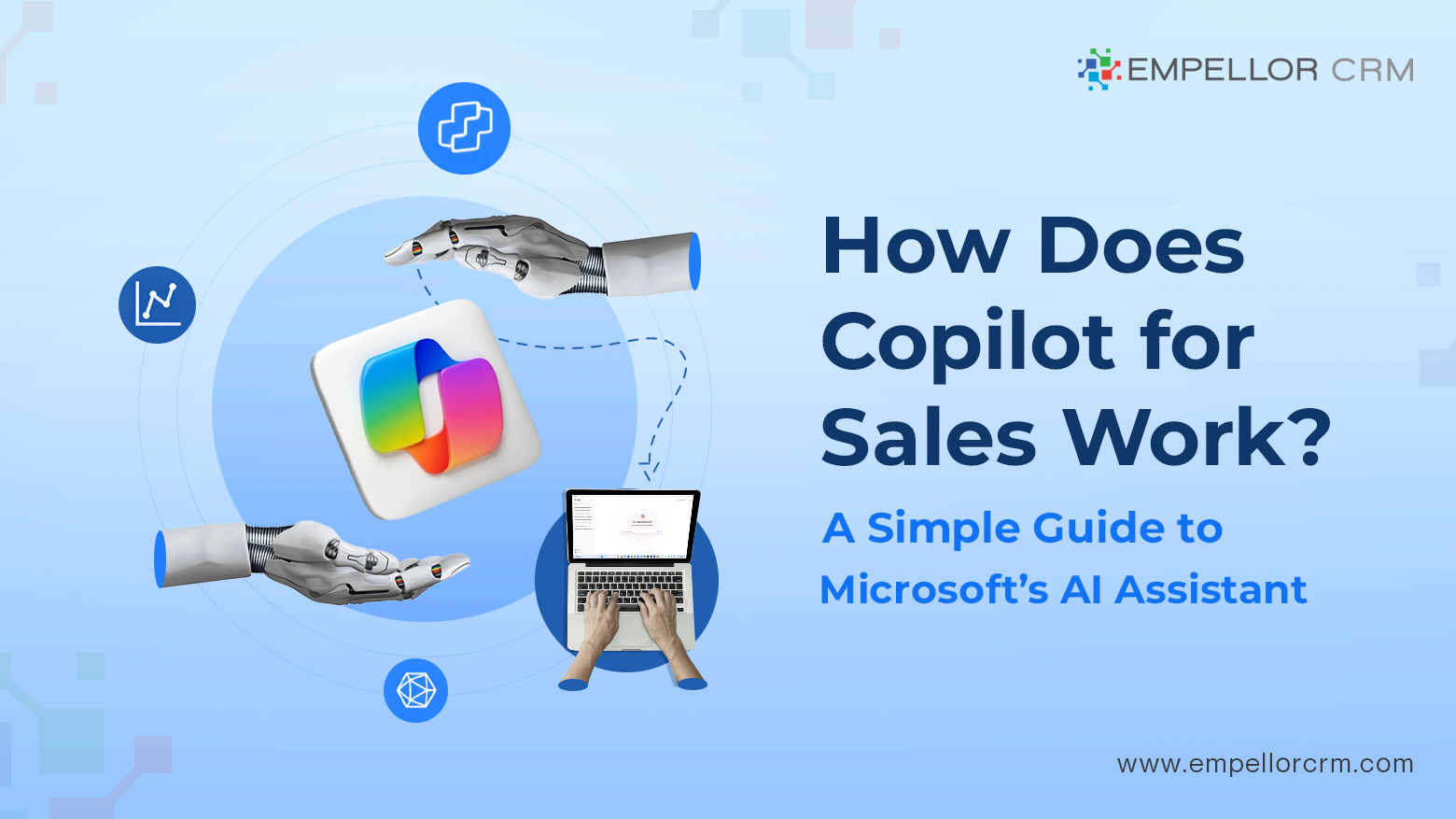Claim your free copy of the book CRM Shouldn’t Suck
Claim your free copy of the book CRM Shouldn’t Suck
Salesforce AI vs Microsoft Dynamics AI: A Comprehensive Comparison

In today’s fast-paced business world, artificial intelligence (AI) has become a cornerstone for companies striving to stay ahead. Two giants in the industry, Salesforce and Microsoft Dynamics, have integrated AI into their platforms, transforming how businesses operate. This blog post will dive deep into Salesforce AI vs Microsoft Dynamics AI, comparing their features, benefits, and use cases to help you decide which is the best fit for your business.
Introduction to Salesforce AI and Microsoft Dynamics AI
Key Features of Salesforce AI
Salesforce AI, branded as Einstein, is deeply embedded in the Salesforce platform. It provides predictive analytics, natural language processing, and machine learning capabilities. Here are some of the standout features of Salesforce AI:
- Predictive Analytics: Einstein predicts sales outcomes, customer behavior, and trends, allowing businesses to make data-driven decisions.
- Natural Language Processing (NLP): This feature helps in understanding and processing human language, improving customer interactions through chatbots and virtual assistants.
- Automated Insights: Einstein provides automated insights and recommendations, enhancing productivity and decision-making.
- Image Recognition: With Einstein Vision, Salesforce AI can process and analyze images, adding a new dimension to data analysis.
Key Features of Microsoft Dynamics AI
Microsoft Dynamics AI, often referred to as Dynamics 365 AI, integrates seamlessly with the broader Microsoft ecosystem. It offers powerful tools for sales, customer service, and operations. Here are the core features of Microsoft Dynamics AI:
- Predictive Sales Analytics: Dynamics 365 AI uses historical data to forecast sales trends and opportunities, aiding sales teams in prioritizing leads.
- Customer Insights: This feature gathers data from various sources, providing a comprehensive view of customer behavior and preferences.
- Intelligent Automation: Microsoft Dynamics AI automates routine tasks, freeing up employees to focus on higher-value activities.
Integration with Microsoft Tools: Seamless integration with tools like Azure, Power BI, and Office 365 enhances functionality and data analysis.
Comparing Salesforce AI and Microsoft Dynamics AI
When comparing Salesforce AI vs Microsoft Dynamics AI, several factors come into play, including ease of use, integration, customization, and specific use cases.
1. Ease of Use:
Salesforce AI: Known for its user-friendly interface, Salesforce AI is designed to be accessible to users with varying levels of technical expertise. The intuitive dashboards and easy-to-understand insights make it a favorite among sales and marketing teams.
Microsoft Dynamics AI: While also user-friendly, Microsoft Dynamics AI tends to be more complex due to its deep integration with other Microsoft products. However, this integration can be a significant advantage for businesses already using the Microsoft ecosystem.
2. Integration:
Salesforce AI: Einstein integrates smoothly with other Salesforce products, creating a cohesive ecosystem for sales, service, and marketing. Additionally, it offers connectors for various third-party applications.
Microsoft Dynamics AI: Dynamics 365 AI excels in integration, especially with Microsoft’s suite of products. This deep integration facilitates seamless data flow and enhances collaboration across departments.
3. Customization:
Salesforce AI: Known for its high level of customization, Salesforce AI allows businesses to tailor the platform to their specific needs. Custom reports, dashboards, and workflows can be easily created.
Microsoft Dynamics AI: Dynamics 365 AI also offers extensive customization options. Its flexibility in creating custom apps and automating complex workflows makes it a powerful tool for businesses with unique requirements.
4. Use Cases:
Salesforce AI: Ideal for businesses focused on customer relationship management (CRM), sales automation, and marketing intelligence. Its strengths lie in predictive sales, customer service, and marketing analytics.
Microsoft Dynamics AI: Best suited for organizations looking for a comprehensive solution that includes CRM, enterprise resource planning (ERP), and advanced data analytics. It is particularly effective in sales forecasting, customer insights, and operations automation.
Benefits of Salesforce AI
Choosing Salesforce AI comes with several benefits:
- Enhanced Sales Performance: By predicting sales outcomes and recommending actions, Einstein helps sales teams close more deals efficiently.
- Improved Customer Service: With NLP and automated insights, customer service teams can provide faster, more accurate responses.
- Increased Productivity: Automation of routine tasks allows employees to focus on strategic activities.
Better Marketing Strategies: Predictive analytics enables marketers to design more effective campaigns based on customer behavior and trends.
Benefits of Microsoft Dynamics AI
Opting for Microsoft Dynamics AI offers its own set of advantages:
- Seamless Integration: Deep integration with Microsoft tools enhances collaboration and data analysis.
- Comprehensive Customer Insights: Aggregating data from various sources provides a holistic view of customer behavior and preferences.
- Automated Processes: Intelligent automation streamlines operations, improving efficiency.
- Scalability: Microsoft Dynamics AI scales easily with business growth, adapting to changing needs.
Conclusion
In the debate of Salesforce AI vs Microsoft Dynamics AI, the best choice depends on your business’s specific needs and existing ecosystem. Salesforce AI shines in user-friendliness and CRM-focused capabilities, making it ideal for sales and marketing-driven organizations. On the other hand, Microsoft Dynamics AI excels in integration and comprehensive analytics, suitable for businesses seeking a unified platform for CRM, ERP, and data insights.
Both Salesforce AI and Microsoft Dynamics AI offer powerful tools to drive business growth and efficiency. By understanding the unique strengths of each, you can make an informed decision that aligns with your strategic goals. Whether you choose Salesforce AI or Microsoft Dynamics AI, leveraging these advanced technologies will undoubtedly propel your business into the future of intelligent operations.


